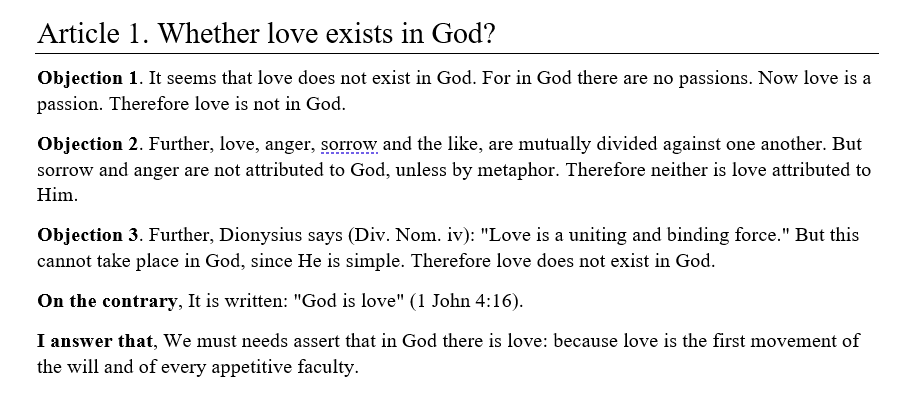
Why believe in many gods and goddesses?
Because the supremacy and glory of the Supreme is not to be thought compact or contained, but overflowing with an immeasurable magnitude. His court is not vacant, but filled with his divine godly vassals and holy retainers.
Because the supremacy and glory of the Supreme is not to be thought compact or contained, but overflowing with an immeasurable magnitude. His court is not vacant, but filled with his divine godly vassals and holy retainers.

All the cosmos in its multitude of forms stand as testimony to the supremacy and beauty of their King- why should beauty be here in such grandness and magnitude, and not 'There'? Surely we may say, with certain confidence, that what we find grand here must be even grander there.
For all the things which are here, with their imperfections and partiality, there is a greater who rules them in Heaven. Even the things in nature which we say are dead, without life- surely these things in their highest heavenly perfection are filled with life and consciousness?
Per Plotinus, "[W]e hymn the divinities of the Intellectual Sphere, and, above all these, the mighty King of that dominion, whose majesty is made patent in the very multitude of the gods.
"It is not by crushing the divine unto a unity but by displaying its exuberance — as the Supreme himself has displayed it — that we show knowledge of the might of God, who, abidingly what He is, yet creates that multitude, all dependent on Him, existing by Him and from Him."
It is by the Supreme's overflowing magnificence that we know as truth the sublime order of gods. We praise them and honour them cognizant of their sacred origin, extolling the goodness they emanate to us selflessly, and conjoin ourselves to their great worship of The One.
• • •
Missing some Tweet in this thread? You can try to
force a refresh




